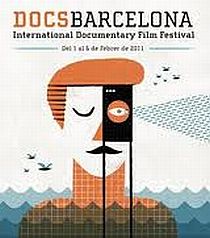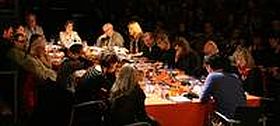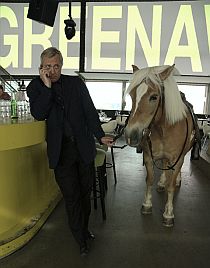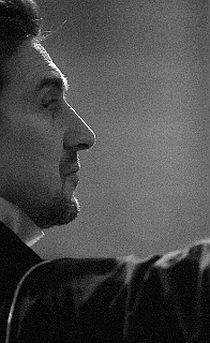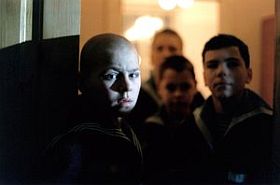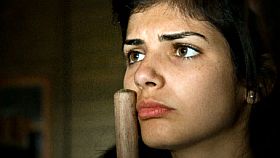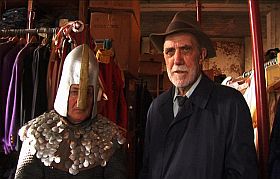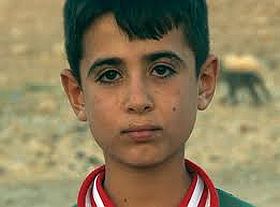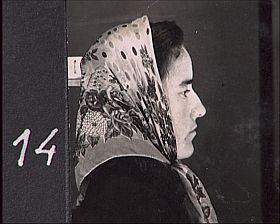


DocsBarcelona Winners
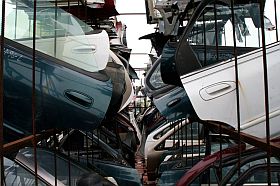
It was the first time that DocsBarcelona included awards. At the fifth edition of the festival statuettes and cash prizes were distributed. €6000 was given to the film “Foreign Parts” (photo) by Verena Paravel and J.P. Sniadecki. The description of the film follows here:
“A hidden enclave in the shadow of the New York Mets’ new stadium, the neighbourhood of Willets Point is an industrial zone fated for demolition. Filled with scrapyards and auto salvage shops, lacking sidewalks or sewage lines, the area seems ripe for urban development. But Foreign Parts discovers a strange community where wrecks, refuse and recycling form a thriving commerce. Cars are stripped, sorted and catalogued by brand and part, then resold to an endless parade of drive-thru customers. Joe, the last original resident, furious, tries to contest his imminent eviction. Two lovers, Sara and Luis, struggle for food and safety through the winter while living in an abandoned van. Julia, the homeless queen of the junkyard, exalts in her beatific visions of daily life among the forgotten. The film observes and captures the struggle of a contested -eminent domain-neighbourhood before its disappearance under the capitalization of New York’s urban ecology.”
The TV3 Award for Human Rights with a cash prize of €4500 was given to the well known big work “Enemies of the People” by Rob Lemkin and Thet Sambath, that includes the ambition of the latter to uncover the truth behind the killing fields of the Khmer Rouge.
Four other awards were given – “Teen & Docs Award”, “Kids & Docs Award”, “TV3 New Filmmaker’s Award” and “Audience Award”.
Foreign Parts, 2010, USA, 80mins.
Enemies of the People, 2010, UK & Cambodia, 86 mins.
